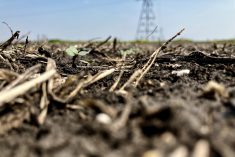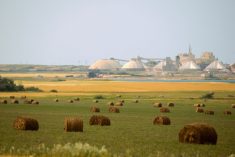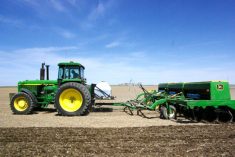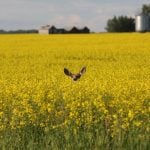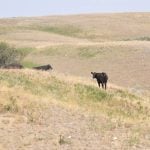Federal Finance Minister Chrystia Freeland’s latest budget envelope for Canadian farmers up against rising costs of production includes a temporary boost to the interest-free portion of cash advances.
Freeland’s 2023 federal budget, released Tuesday, includes $13 million in 2023-24 for Agriculture and Agri-Food Canada to temporarily increase the interest-free limit for loans under its Advance Payments Program (APP) to $350,000 for the 2023 program year.
The interest-free portion of an APP loan was previously capped at $100,000 but that level was temporarily raised last summer to $250,000 for the 2022 and 2023 program years.
Read Also
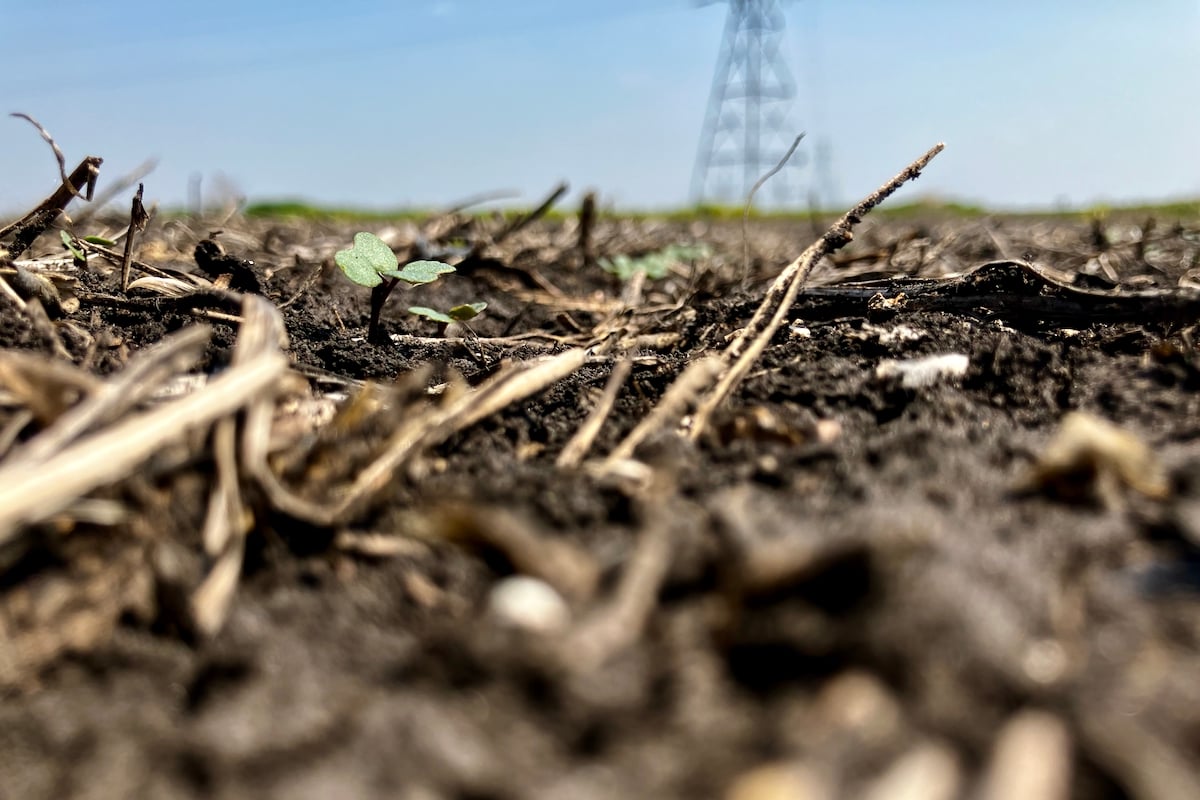
Crop input costs to rise in 2026: FCC
Crop input costs are expected to rise in 2026, while crop prices are expected to come down, according to Farm Credit Canada’s analysis.
The APP provides farmers with cash advances of up to $1 million, based on up to 50 per cent of the anticipated market value of a farm’s eligible production, whether it’s still to be produced or is already stored.
“Farm production costs have increased in Canada and around the world, including as a result Russia’s illegal invasion of Ukraine and global supply chain disruptions,” Tuesday’s budget documents said. “It is important that Canada’s agricultural producers have access to the cash flow they need to cover these costs until they sell their products.”
On that note, the budget also committed the feds to “consult with provincial and territorial counterparts to explore ways to extend help to small agricultural producers who demonstrate urgent financial need.”
Fertilizer funding
On the matter of input costs, the budget also notes Russia’s invasion of Ukraine “has resulted in higher prices for nitrogen fertilizers, which has had a notable impact on eastern Canadian farmers who rely heavily on imported fertilizer.”
To that end, the budget proposes a $34.1 million addition to the federal On-Farm Climate Action Fund over three years, specifically “to support adoption of nitrogen management practices by eastern Canadian farmers, that will help optimize the use and reduce the need for fertilizer.”
That $34.1 million figure roughly coincides with a recent estimate of the tariffs collected so far on imports of Russian fertilizer into Eastern Canada. Several grower groups in that region have called for an end to that tariff and for farmers to be directly reimbursed for tariffs already paid.
Dairy development
Among other longer-term investments, the budget proposes $333 million over 10 years to set up what it calls the Dairy Innovation and Investment Fund, starting in 2023-24, to back development of new dairy products based on solids non-fat (SNF), a dairy processing byproduct.
The dairy sector is up against “a growing surplus” of SNF, for which the limited processing capacity in Canada “results in lost opportunities for dairy processors and farmers,” the budget said.
The new fund would support “investments in research and development of new products based on SNF, market development for these products, and processing capacity for SNF-based products more broadly.”
Inoculation inventory
The budget also pledges $57.5 million over five years starting in 2023-24, and $5.6 million ongoing, for the Canadian Food Inspection Agency to set up a foot-and-mouth disease (FMD) vaccine bank for Canada and develop FMD response plans.
Recent outbreaks of FMD in livestock in Asia and Africa “have increased the risk of global spread,” the budget said, and if an FMD outbreak were to occur in Canada it “would cut off exports for all livestock sectors, with major economic implications.”
The impact of a potential FMD outbreak “would be significantly reduced with the early vaccination of livestock,” the budget said. For the vaccine bank, the feds plan to “seek a cost-sharing arrangement with provinces and territories.”
The Canadian Cattle Association on Tuesday hailed the vaccine bank announcement, describing a vaccine bank as a “critical” investment which “helps provide necessary insurance to protect Canada’s export markets.” Several livestock groups have called for such an investment in recent years.
“While we hope this vaccine bank is never needed, we are grateful for today’s investment and its establishment,” CCA president Nathan Phinney said in a separate release. “We appreciate the government listening to our concerns and understanding the critical need to put in place emergency preparedness plans to control the spread of the disease and protect our export markets for Canadian beef.”
Risk management
CCA also hailed a separate budget line item pledging $184 million over three years to boost the Species At Risk Act. That funding goes to the federal environment, parks, fisheries and natural resources departments “to continue monitoring, protecting and promoting the recovery of species at risk to help restore their populations.”
“We will be engaging with the government of Canada to ensure beef producers are at the table as key stewards of lands where species at risk live,” the CCA said.
On that matter, noting cattle producers’ stewardship work on endangered native grasslands, Phinney said the CCA calls on Ottawa “to include support for protecting Canada’s grasslands in the future.”
Liquor and cannabis
Among federal sin taxes, the feds propose to temporarily cap the inflation adjustment for excise duties on beer, spirits and wine at two per cent, for one year only, as of April 1. Alcohol excise duties are usually automatically indexed to total Consumer Price Index (CPI) inflation at the beginning of each fiscal year.
The feds also announced plans to allow all licensed Canadian cannabis producers to remit excise duties on a quarterly basis rather than a monthly basis, also starting April 1. That move expands on a measure put in place for “certain smaller” cannabis producers in the 2022 budget.
On that note, the budget said, “while significant progress has been made in eliminating criminal activity in the cannabis market, licensed cannabis producers are currently experiencing financial difficulties as they help to build a stable, legal cannabis industry in Canada.” — Glacier FarmMedia Network




